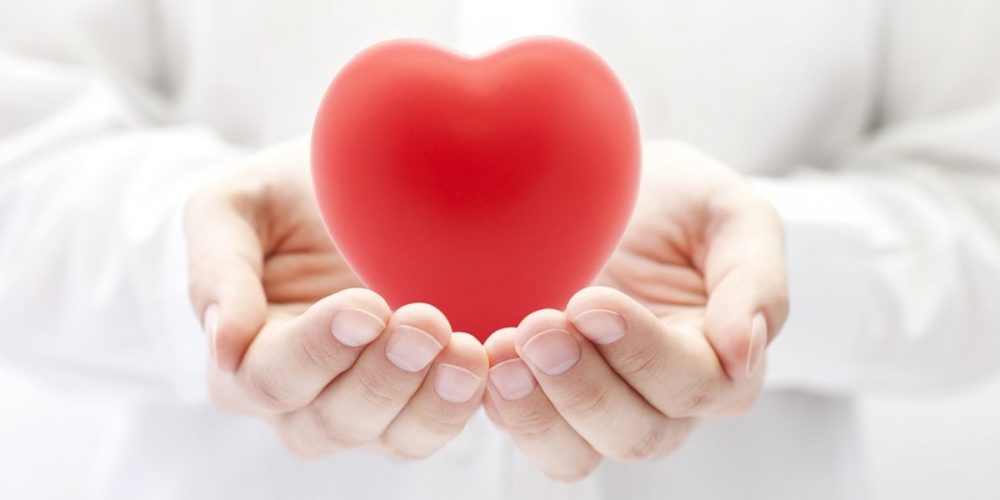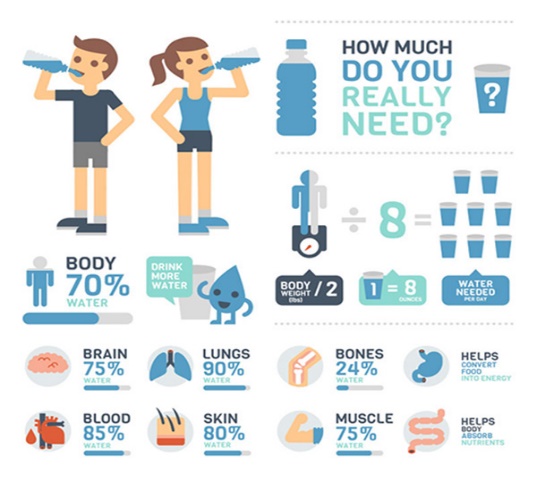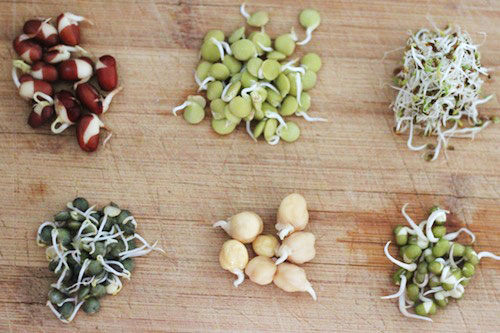 By Sneh Jaisingh
By Sneh Jaisingh
INDIA New England News Columnist
How many times have we heard, “Ghee is bad for your health, it is a saturated fat that will clog the arteries and make you fat” I am often asked this question, weather the ancient wisdom of using ghee for cooking is correct or the doctor who asked me not to consume it anymore?
Unfortunately the food dear to our GOD and the most essential ingredient of our cooking has been misunderstood by our generation. In this article I will through some light and let you decide for yourself.
We are all familiar with the giant corporations and marketing companies who can make one believe in anything and they can sell us anything in the name of “health” even the white drug we call sugar. So let’s go down memory lane to early 1980’s, As a kid I remember watching Ads saying sunflower oil/saffola and vegetable oil was cholesterol free and “heart-friendly” and I witnessed not only at my home but gradually this marketing propaganda took over and soon ghee was replaced by a “healthier” option —vegetable oil. Now one would think that with this change our health would have improved and the rate of heart diseases or as a matter of fact any metabolic disorder would have decreased. But, reality is that it has gotten worse. While there are many other lifestyle related reasons responsible in the increased health issues, Ghee probably was one of the good friends that we all sadly misunderstood and pushed it away.
Ghee, yes is a saturated fat but it has a unique structure that actually helps mobilize fats from stubborn fat areas of the body unlike the saturated fat like trans-fats in our pastries, cookies and pizza. Let’s look into some ghee facts:
• Ghee is packed with short, medium and long chain fatty acids. Our bodies metabolize medium-chain and short-chain fats differently than long-chain ones, and medium- and short-chain ones are not associated with cardiovascular problems in the same way as the long-chain ones are. Ghee is composed primarily of short-chains and it infact aids in lypolysis (breakdown of lipids).
• Ghee enhances the flavor of food with his unique aroma and also has a higher smoking point 485F making it a good choice for cooking at high temperatures.
• Ghee has therapeutic properties and is less processed compared to many manmade oils like canola oil.
• Ghee is rich in CLA (conjugated linoleci acid) and Butyic acid which possess antibacterial, antiviral and anti cancer properties. Butyric acid is anti-inflammatory in nature.
• Ghee is a rich source of fat soluble vitamins like A, E, D and K.
• Ghee is a friend of our GUT – improves the digestive process by stimulating the secretion of stomach acids which helps increase the absorption of other nutrients like fat soluble vitamins. Moderate to long term consumption of ghee in moderation ofcourse, can help treat ulcers, acid reflux, constipation and other digestive issues.
• Good source of omega 3 and 6.
• Ghee is excellent for joint health as it lubricates and oxygenates them.
In Conclusion- Ghee indeed is a lotus in the saturated fat family. It is absolutely safe and yes even healthy to consume ghee. So this festive season go ahead and indulge into some ghee goodness. However a calorie from oil or ghee is the same meaning, be it 1 gm of oil or 1 gm of ghee = 9 calorie. So moderation is the key. Limit to 10-12% of your diet intake which averages to 2-3 tsp/day.
Best kind of ghee? — Organic grass fed cultured ghee, just the way our grandmoms and moms made it. I make ghee at home and infact recently have started making flavored ghee just like this one- Cinnamon, Clove and Pepper flavor, it goes so well with any kind of parathas, especially aloo paratha. For recipe check out NutriAge’s blog on FB www.facebook.com/nutriage .












